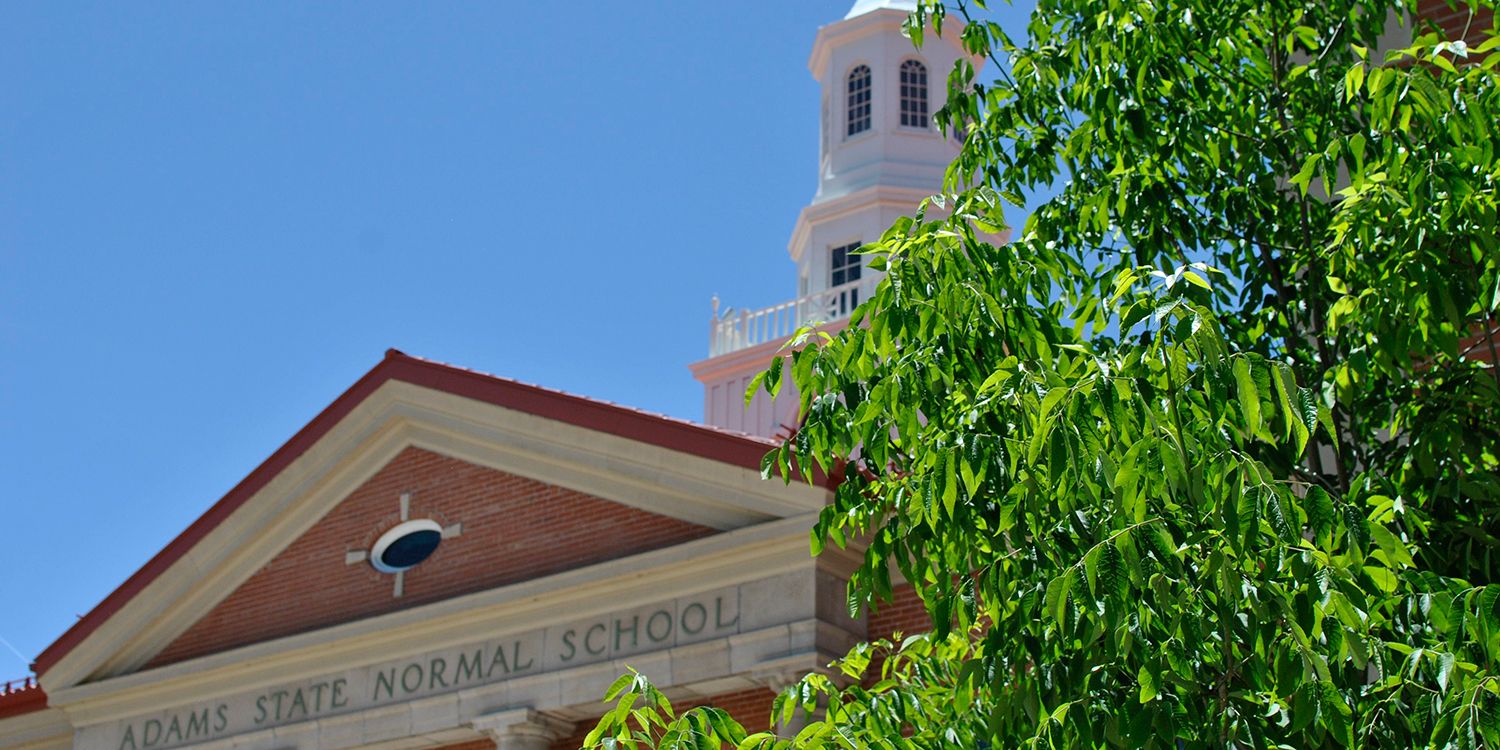The QUBES project, a virtual synthesis center supported by the National Science Foundation, has named Adam Kleinschmit, Ph.D., Adams State University associate professor of biology, a QUBES Mentor for the Spring 2019 semester.
Established in 2014, QUBES is dedicated to increasing the effectiveness of undergraduate biology education with a particular focus on including more quantitative concepts and skills.

A total of 15 mentors are recognized for providing essential professional development and guidance for participants in semester-long Faculty Mentoring Networks (FMNs) offered through QUBES. FMNs bring together faculty from across the country and around the world—and across academic disciplines—to work together via an online platform to find better approaches and materials for teaching quantitative biology. Participants in each FMN worked together to plan and implement educational reforms in the classroom.
The QUBES Project, a virtual synthesis center supported by the National Science Foundation, has named 15 leaders in biology education as QUBES Mentors for the Spring 2019 semester. Established in 2014, QUBES is dedicated to increasing the effectiveness of undergraduate biology education with a particular focus on including more quantitative concepts and skills.
The mentors are recognized for providing essential professional development and guidance for participants in semester-long Faculty Mentoring Networks (FMNs) offered through QUBES. FMNs bring together faculty from across the country and around the world—and across academic disciplines—to work together via an online platform to find better approaches and materials for teaching quantitative biology. Participants in each FMN worked together to plan and implement educational reforms in the classroom.
According to Jeremy M. Wojdak, PhD, QUBES Director of Professional Development and Professor of Biology at Radford University, “FMNs provide an important bridge between pedagogical theory and classroom practice, providing support and guidance to faculty just when they need it. An effective and dedicated mentor really ensures the success of an FMN.” QUBES FMN Manager Deborah L. Rook, PhD, added, “these mentors really stepped up to guide more than 100 faculty through the often challenging process of developing, adapting, and using new educational materials in the classroom.”
Beyond guiding their own FMNs, the mentors also served as a resource for each other and worked with the QUBES team to improve the faculty development model for the future. In addition to FMNs, QUBES provides a cyberinfrastructure and associated social infrastructure to support collaborations between producers and consumers of educational reform resources. QUBES emphasizes practices that promote scholarly teaching practices, including the use of evidence based pedagogies, thoughtful reflection on implementation results, and sharing outcomes with the community.
About QUBES
QUBES (Quantitative Undergraduate Biology Education and Synthesis) is a virtual synthesis center supported by the National Science Foundation with a primary goal of increasing the effectiveness of undergraduate biology education nationwide and a particular focus on including more quantitative concepts and skills. Launched in 2014, QUBES now provides logistical, intellectual, and community support for innovative quantitative biology education projects and the extended community of instructors seeking resources. QUBES is a collaboration among educational leaders at BioQUEST Curriculum Consortium, Bates College, the College of William & Mary, North Carolina State University, Radford University, and the University of Pittsburgh.



